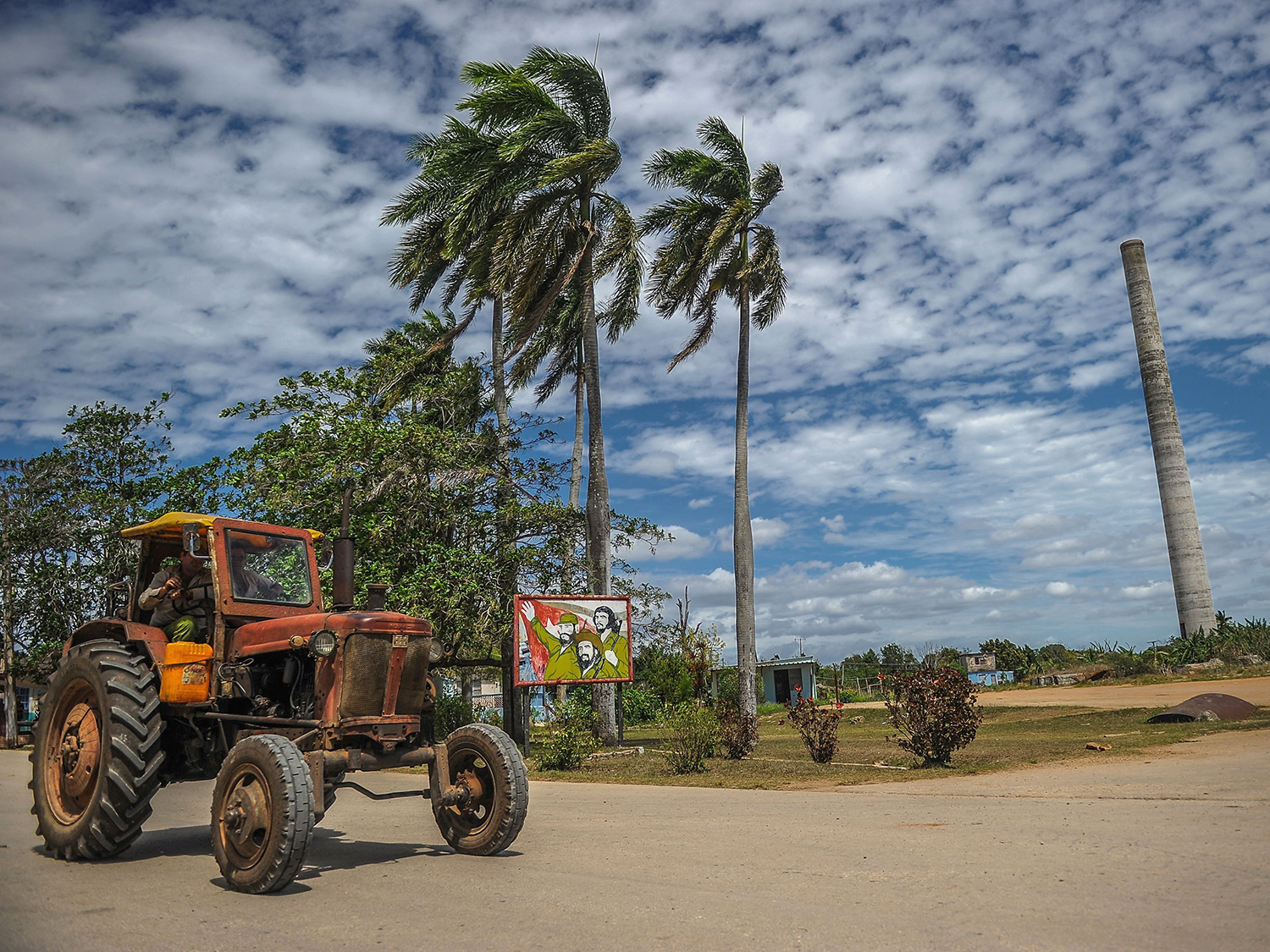

Hector Velasco -
A sweet smell of treacle used to fill the air in the village of Pedro Betancourt — but like the workers from the derelict Cuba Libre sugar refinery, it has dispersed.
It was the smell of success against the odds for Cuba, reviled by the United States and its allies in the Cold War but still a world champion sugar producer, until the Soviet Union fell and stopped buying it from Fidel Castro’s communist regime.
Now a demolition crane is attacking what is left of the Cuba Libre refinery’s rusty steel skeleton. Fidel is dead, the Cold War is over and Cuba wants its sugar industry back.
“The refinery was the life of the people who lived here,” says Arnaldo Herrera, 86. He lost his job at the plant when it closed in 2004.
The island then sold a lot of sugar to the United States until Washington imposed a trade embargo after communist revolutionary Castro took over in 1959.
Castro later announced a “revolutionary offensive” to relaunch the industry. The Soviet Union bought the sugar at preferential prices.
But after the Soviet bloc collapsed in 1989, the island could no longer compete.
Two-thirds of its refineries have shut since 2002. From eight million tonnes a year in the 1990s, production plunged to one million in 2010.
“That was when we touched bottom,” says Rafael Suarez, head of international relations for the state sugar monopoly Azcuba.
Some 100,000 Cubans used to work in refineries like the one in Pedro Betancourt in the east.
Julio Dominguez, 84, worked in Cuba Libre until it shut.
“This town has been stripped bare. Tobacco production is all it has left,” he says.
But 70 km away, a chimney is still smoking. The air smells of caramel. It is business as usual at the Jesus Rabi refinery.
The plant’s boiler operator Juan Hernandez, 63, was made redundant from two sugar plants that shut down before he landed here.
“Those were bitter times.”
Yet by mechanising the sugar harvest almost completely, Cuba has managed to boost production to some two million tonnes a year from its 2010 low point.
More than half of that it exports, mostly to China and Russia.
Suarez reckons the island can hump up production to four million tonnes a year. That will still leave it as a minnow in world terms. —AFP
Oman Observer is now on the WhatsApp channel. Click here



